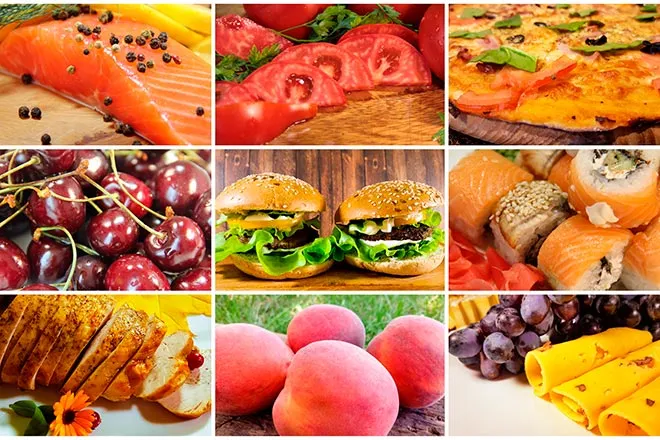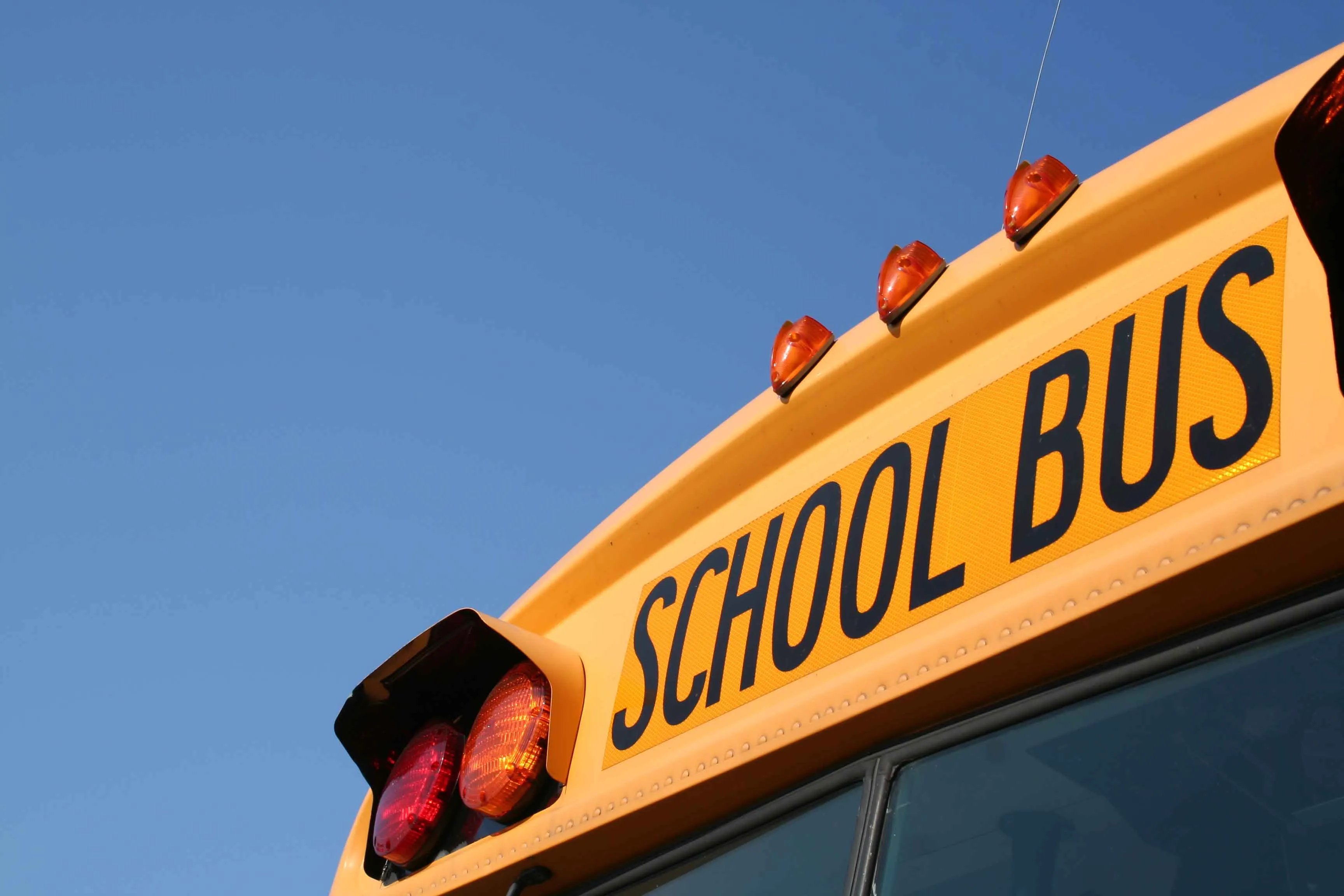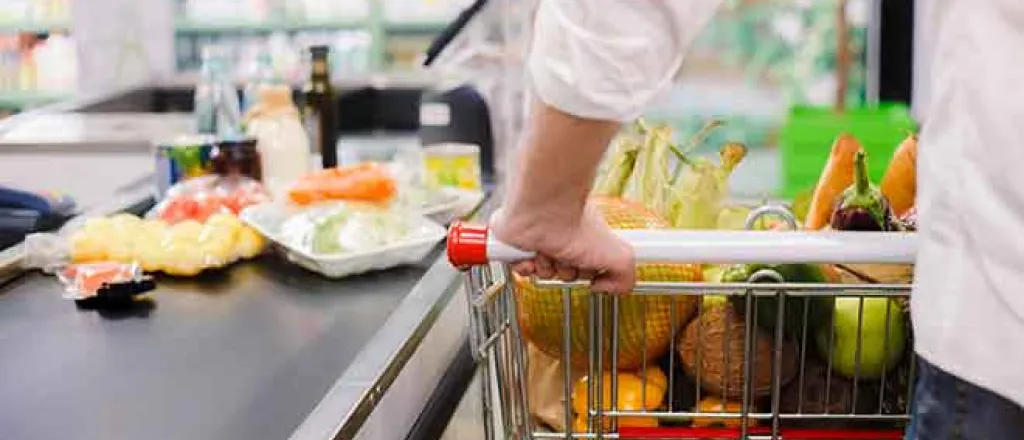
Ballot initiative proposed to eliminate Idaho’s 6 percent sales tax on food
After years of failing to advance legislation to eliminate Idaho’s sales tax on groceries, an effort has launched to make the change via voter ballot initiative.
Howard Rynearson, Payette County GOP Central Committee chairman, is leading the charge to gather enough signatures to place the measure on the November 2026 ballot.
“People are very, very disgusted and tired of the fact that we’ve not been able to do this,” Rynearson told the Idaho Capital Sun in a phone interview.
If passed, the “Repeal Idaho’s Grocery Tax” initiative would in fiscal year 2028 eliminate Idaho’s 6 percent sales tax on food items, as defined by the federal Supplemental Nutrition and Assistant Program, or SNAP.The sales tax would remain for alcohol, tobacco, and restaurant sales of food or “hot food products ready for immediate consumption.”
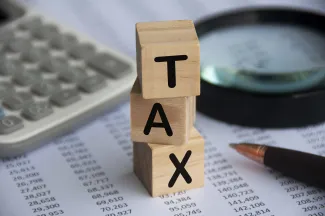
© Jerome Maurice - iStock-1426962165
The initiative would also eliminate the Idaho Grocery Tax Credit, which is meant to offset the sales tax on food spent throughout the year.
Rynearson said the elimination of the tax is “the most achievable tax repeal that we can do right now.”
He said that although the Idaho Republican Party is strongly behind the move, he is pursuing the initiative proposal as an individual.
Idaho lawmakers have failed to advance bills to repeal the sales tax on food
In 2017, the Idaho Legislature passed a bill eliminating the sales tax on food, known colloquially as the “grocery tax,” but then-Governor Butch Otter vetoed the bill, saying the costs were “too high,” the Idaho Statesman reported at the time.
Since then, other efforts have been discussed or attempted but none advanced. Many of the proposals have come in the form of “personal bills,” which go around the committee process and are typically stored with the clerk and do not advance. Rynearson said committee chairs and leaders have refused to hear proposed bills in hearings.
During this year’s legislative session, the Legislature passed and Governor Brad Little signed a law increasing the grocery tax credit from $120 a year per person to $155 per person per year.
During Senate debate on the bill, Senator Christy Zito, R-Mountain Home, attempted to send the bill to what’s known as the 14th order, in which senators may propose amendments, for the purpose of changing the bill to eliminate the grocery tax, the Sun reported. Her procedural move failed in a 5-28 vote.
Amid calls to instead eliminate the sales tax on food and the tax credit entirely, bill sponsor and House Majority Leader Jason Monks, R-Meridian, said that keeping the grocery credit allowed the state to continue collecting revenue on groceries bought by out-of-state visitors, the Sun reported.
Rynearson countered this logic.
“The tourism situation is way overstated,” he said. “Most people that travel through the state are tourists going from one state to the other, they generally eat at restaurants or fast food businesses. Those are exempted from this repeal.”
Idaho is one of 13 states that applies sales tax to food, according to the Coeur d’Alene-based conservative think tank Mountain States Policy Center. The policy center commissioned a poll in 2024 that found 87 percent of respondents were in favor of eliminating the sales tax on groceries.
Ballot initiative would decrease state revenue
The state does not track how much of its sales tax revenue is generated from grocery purchases. To create the required fiscal impact statement for the proposed initiative, the Division of Financial Management used information from Utah, which does track this information.
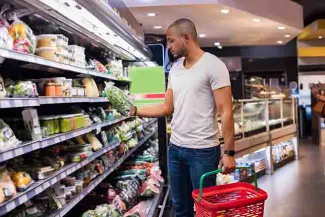
© iStock - Ridofranz
Utah’s data showed that groceries typically comprised 11 percent to 13 percent of retail sales, according to the impact statement. The division projected sales tax revenue of $3.7 billion, and estimated a loss of revenue of $410 million to $485 million total.
However, because the initiative would also eliminate the grocery tax credit, which costs the state between $210 million and $255 million, the net revenue loss would be $200 million and $230 million, according to the impact statement.
In 2024, the state collected nearly $3.1 billion in total sales tax revenue, according to the Idaho State Tax Commission annual report. The Legislature this year also passed historic cuts to income and property taxes, reducing revenues by an estimated more than $400 million annually. These tax cuts and other legislation passed the past two years draw down sales tax revenue, which was a driving factor in the state reporting revenue coming in $141.5 million below projections near the end of fiscal year 2025, the Sun reported.
Rynearson expressed doubts that the sales tax revenue would increase in the next two years as much as projected in the impact statement, but said he opted not to challenge the statement.
Initiative backed by Idaho GOP
Rynearson said he did not think the issue was political and that any registered voter could be involved or interested in making the change, but leaders of the Idaho Republican Party are supporting the effort.
Idaho GOP Chairwoman Dorothy Moon this week wrote in an opinion piece that “it’s time to end the grocery tax.”
“If the Legislature won’t act, it’s time for the people of Idaho to get it done,” Moon wrote.
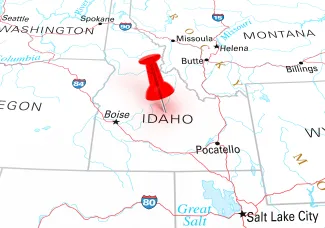
Members of the party voted this summer in favor of a resolution, sponsored by Rynearson, to support an initiative repealing the sales tax on groceries.
Many in the party have also expressed support for limiting the ballot initiative process.
During the party’s 2025 winter meeting, Rynearson also brought forward a resolution that was approved to increase the threshold for the signatures needed to get an initiative on the ballot.
The resolution states that because the process “bypasses the Legislature,” it should increase the threshold from 6 percent of registered voters in at least 18 of Idaho’s 35 legislative districts to at least 10 percent of registered voters in 23 of 35 districts.
Rynearson said at the time of that meeting, he “wasn’t that impressed with the initiative” process.
“I thought we were such a red state, we didn’t need it, but then came the option that we really needed it,” he said.
Moon in her newsletter addressed some of the criticism of the initiative process.
“I know what you might be thinking: ‘Aren’t ballot initiatives tools of the left?’” Moon wrote. “Sometimes, yes. But there’s an important difference here. This initiative is bottom-up and driven entirely by the grassroots.”
Initiative supporters will need to gather more than 70,000 signatures, including at least 6 percent of registered voters in 18 of 35 legislative districts. Rynearson said he and supporters are visiting state fairs and encouraging small business owners to put petitions in their lobbies.

